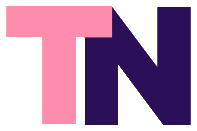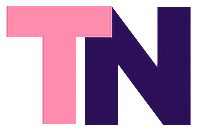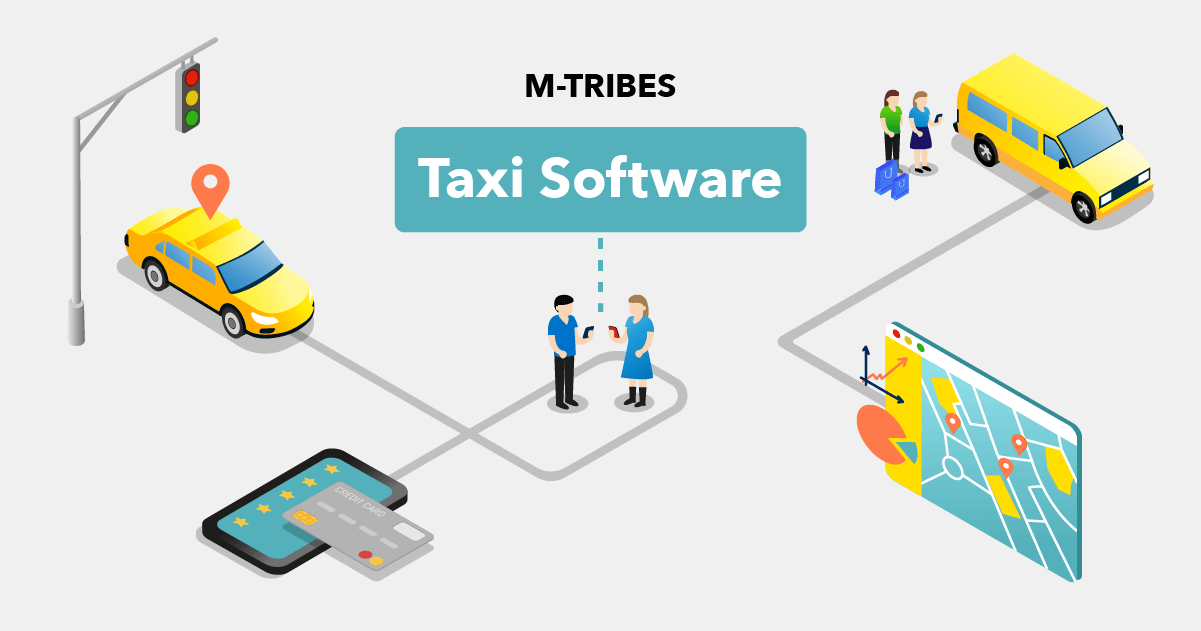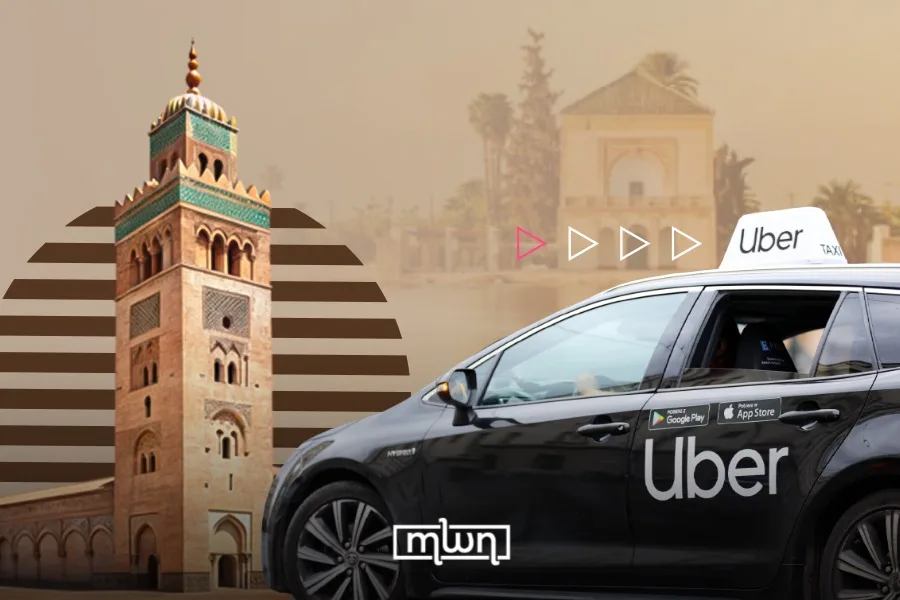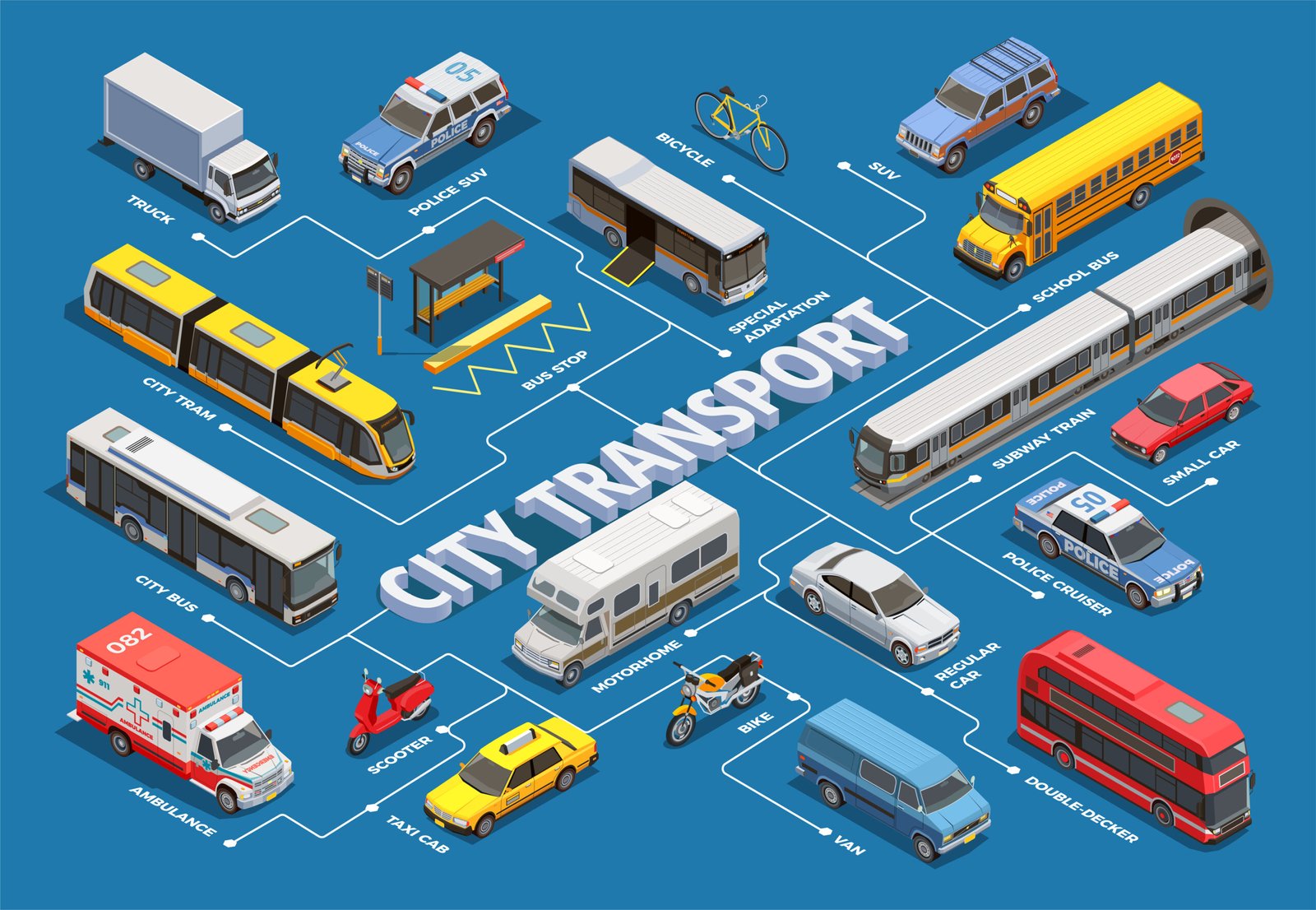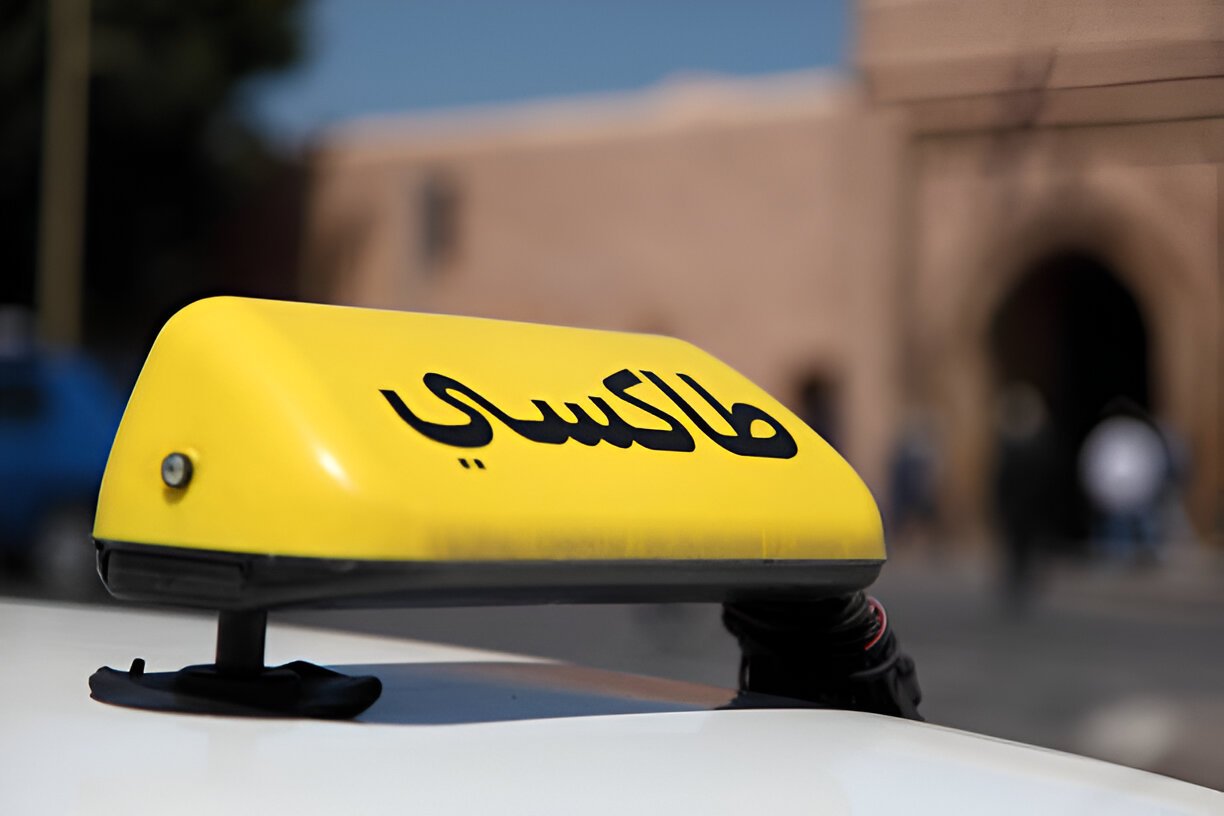In every Moroccan city, Grand Taxis have long been more than just a mode of transport they are part of a deep-rooted cultural and economic system. Courtiers play a vital role in organizing routes, managing passenger flow, and maintaining order at busy stations. Drivers rely on their knowledge and coordination to maximize efficiency. At TaxiNet, we fully recognize this value and our goal is not to replace anyone, but to support and strengthen what already works. 👥 Respecting Roles, Enhancing Tools TaxiNet is designed with input from real courtiers and drivers. We know that human judgment and local knowledge are irreplaceable. What our platform does is give courtiers better visibility: real-time information about how many passengers are waiting, which destinations are most in demand, and how many available taxis are nearby. This allows them to manage flow more efficiently and avoid overcrowding. Drivers also benefit. With TaxiNet, they can see which station to head to based on real passenger numbers and avoid long waits or refusals. That means more rides, less stress, and better income without losing control of their decisions. 🧩 Not Automation — Augmentation Some worry that digital tools are here to take over. We believe the opposite: technology should amplify people, not remove them. TaxiNet keeps the courtier in the center of coordination and helps drivers make smarter, faster choices based on real data not guesswork. 🛠 A Platform Built for You From day one, TaxiNet has engaged with professionals from within the system. Our mission is to solve real problems without cutting anyone out. That’s why we’re always open to feedback and committed to creating something that works with Morocco’s Grand Taxi model, not against it.
Why Morocco’s Grand Taxi System Needs Smarter Coordination
Every day, thousands of Moroccans rely on Grand Taxis to get to work, school, or home. These shared vehicles are essential to public transportation in cities and between towns. Yet despite their importance, the system often suffers from frustrating inefficiencies and not because of a lack of taxis, but because of a lack of real-time communication. 🚧 A Daily Struggle for Passengers and Drivers Anyone who uses Grand Taxis knows the pain: long lines at taxi stations for some destinations, while nearby taxis sit waiting for more passengers to fill a different route. Passengers are delayed, drivers get frustrated, and courtiers struggle to manage the situation with limited tools. One major reason behind this problem is Morocco’s fixed pricing system. Fares are determined by municipalities, not by distance or demand. This can lead to longer routes costing less, discouraging drivers from choosing certain destinations especially when they know they may not find passengers for the return Communication is the Missing Link These challenges aren’t because the system is outdated it’s because it lacks the right tools to coordinate demand and supply in real time. Drivers don’t always know where passengers are waiting. Courtiers don’t always know how many taxis are nearby. Passengers can’t tell which taxi is headed where. The Solution Is Not More Taxis, It’s Smarter Taxis Instead of increasing the number of taxis, we need to make better use of the ones already on the road. That’s where TaxiNet comes in. With a simple app connecting courtiers and drivers, everyone can make better decisions: Drivers can head to the station with real demand Courtiers can organize cars faster Passengers get picked up quicker By solving the communication gap, TaxiNet helps modernize public transport while keeping the traditional Grand Taxi structure intact.
Is Morocco Finally Legalizing Uber and Ride-Hailing Apps? Here’s What We Know
A Turning Point for Mobility in Morocco? For years, Morocco has walked a tightrope when it comes to ride-hailing apps like Uber, inDrive, and Careem. While these platforms offer modern, tech-driven transport solutions, their operation has faced legal roadblocks and intense pushback from traditional taxi unions. But 2025 might finally mark a turning point. Let’s break down everything we know about Morocco’s evolving stance on ride-hailing services and what it means for the future of mobility in the kingdom. Are Uber and Similar Apps Legal in Morocco Right Now? Not yet. According to Moroccan law, only authorized taxis and licensed VTCs (voitures de transport avec chauffeur) are allowed to transport paying customers. This makes it illegal for private drivers using Uber or inDrive to operate even if the demand exists. Government officials have confirmed that: Ride-hailing apps are not legally authorized unless their drivers have proper licenses. Enforcement must be done by the police, not by taxi drivers or citizen groups. Despite these rules, many apps especially inDrive have continued operating in a legal grey zone, leading to tensions on the ground. What Is the Government Doing About It? Here’s where things get interesting. In early 2025, Interior Minister Abdelouafi Laftit announced that the government is working on a new legal framework to regulate and officially authorize ride-hailing platforms in Morocco. This framework includes: A national “charte de la mobilité” (mobility charter) for urban and intercity transport. A system to allow licensed app-based drivers to operate legally. Updates to Morocco’s Highway Code to address new mobility tools, including e-scooters and digital taxis. In short, the state is actively preparing to integrate these services into the official transport ecosystem possibly in time for the 2030 World Cup. Is Uber Coming Back to Morocco? Yes! it looks like it. In May 2025, Uber posted a job listing for a “Country Director – Morocco” based in Marrakech, signaling plans for an official return. This could indicate that Uber is preparing to comply with the upcoming regulations and relaunch legally — possibly focusing first on tourist cities like Marrakech and Casablanca. How Are Taxi Drivers Reacting? Traditional taxi unions are not happy. Several taxi groups have publicly opposed the legalization of ride-hailing apps. Some have asked authorities to remove advertising campaigns for inDrive. Conflicts between taxi drivers and app-based drivers have been reported, including verbal attacks and harassment. The heart of the issue? Many taxi licenses in Morocco are still controlled through the “grima” system a controversial model where transport permits are bought, rented, or politically granted, often for life. TaxiNet believes that modernization must be done with respect for traditional taxi drivers, and that digital tools can help everyone not just new players. What’s Next? Here’s what to expect in the coming months: Step What It Means Legal Framework Finalized A formal system for apps and drivers will be established. Pilot Projects Launched Apps like Uber and inDrive may begin operating legally in select cities. Driver Licensing Opened App-based drivers will be able to register and operate legally. Public Rollout Legal ride-hailing services expand nationwide with government oversight. This transition is also tied to Morocco’s national digitalization strategy and preparations for the 2030 FIFA World Cup, where modern, reliable, and tech-enhanced transport is essential. What Does This Mean for TaxiNet? At TaxiNet, we believe this moment offers an incredible opportunity for balance and innovation. Our mission is not to replace traditional taxi systems it’s to empower them through smart coordination, real-time tools, and fair access to digital infrastructure. As Morocco moves forward with legal ride-hailing, we aim to support courtiers, Grand Taxi drivers, and public officials with technology that respects culture while embracing progress. Stay Connected We’ll keep you updated on every new development. Follow TaxiNet for the latest insights into Morocco’s evolving mobility sector.
« Grand Taxi » as part of Public Transportation in Morocco: History, Challenges, and the Road Ahead
Morocco’s transportation system is as diverse as its culture. From modern tramways in cities like Rabat and Casablanca to the iconic Grand Taxi network that connects towns and neighborhoods, public transport remains a daily necessity for millions. Yet the system faces ongoing challenges, and in the face of rapid development and digital change, it’s time to ask: how can we modernize without losing what makes it uniquely ours? The » Grand Taxi » Legacy Grand Taxis are shared taxis that typically seat 6 passengers and operate along fixed routes. They’ve been a lifeline for communities, especially in places where buses and trams don’t reach. Courtiers help manage the flow, and drivers often make decisions based on route profitability and return-trip availability. While practical, this system can lead to long waits, uneven distribution of taxis, and passenger frustration. Current Challenges Route refusals due to imbalanced pricing (fixed fares don’t reflect fuel or demand differences) Lack of real-time information, making coordination difficult Urban congestion, especially near busy stations No direct link between drivers, courtiers, and passengers These issues aren’t the fault of any one group, they’re systemic, and they require collaborative, practical solutions. A Future Worth Building With major national goals on the horizon including the 2030 World Cup, tourism expansion, and digital transformation. Morocco needs a transport system that is efficient, inclusive, and locally sustainable. Projects like TaxiNet offer a middle path: respecting tradition while introducing smart, low-cost tools that improve communication and reduce chaos.
The Power of the Digital Taxi Sign: Small Upgrade, Big Impact
If you live in Morocco, you’ve probably waved at a Grand Taxi only to realize it wasn’t going your way or worse, that it was already full. You’re not alone. This kind of confusion wastes time for everyone: the passenger, the driver, and even the courtiers back at the station. TaxiNet’s Digital Taxi Sign is a simple but powerful idea: a roof-mounted LED display that shows two things the taxi’s current direction and the number of available seats. What the Digital Sign Does Displays the Direction (e.g., “→ Rabat” or by numbers) Why Emotional Intelligence Matters in Business Leadership Helps people on the street quickly spot the right taxi Reduces unnecessary stops, saving time and fuel Why It Matters in Morocco Unlike some countries, Moroccan taxis aren’t limited to stations you can flag them down from the street. But without knowing their destination, you risk stopping taxis that can’t help you. This makes the system slower and frustrating for everyone. The digital sign allows passengers to see key information at a glance, making every ride more efficient. Easy to Install, Built to Last Made from common, affordable LED components Weather-resistant and street-visible Can be manually or digitally updated by the driver Syncs with the TaxiNet app for real-time updates This small tool makes a big difference. It supports the traditional system while introducing just the right touch of digital innovation.
Morocco’s 2030 Vision: Why Projects Like TaxiNet Matter Now
In every Moroccan city, Grand Taxis have long been more than just a mode of transport they are part of a deep-rooted cultural and economic system. Courtiers play a vital role in organizing routes, managing passenger flow, and maintaining order at busy stations. Drivers rely on their knowledge and coordination to maximize efficiency. At TaxiNet, we fully recognize this value and our goal is not to replace anyone, but to support and strengthen what already works. Respecting Roles, Enhancing Tools TaxiNet is designed with input from real courtiers and drivers. We know that human judgment and local knowledge are irreplaceable. What our platform does is give courtiers better visibility: real-time information about how many passengers are waiting, which destinations are most in demand, and how many available taxis are nearby. This allows them to manage flow more efficiently and avoid overcrowding. Drivers also benefit. With TaxiNet, they can see which station to head to based on real passenger numbers and avoid long waits or refusals. That means more rides, less stress, and better income without losing control of their decisions. Not Automation, Augmentation Some worry that digital tools are here to take over. We believe the opposite: technology should amplify people, not remove them. TaxiNet keeps the courtier in the center of coordination and helps drivers make smarter, faster choices based on real data not guesswork. A Platform Built for You From day one, TaxiNet has engaged with professionals from within the system. Our mission is to solve real problems without cutting anyone out. That’s why we’re always open to feedback and committed to creating something that works with Morocco’s Grand Taxi model, not against it.
